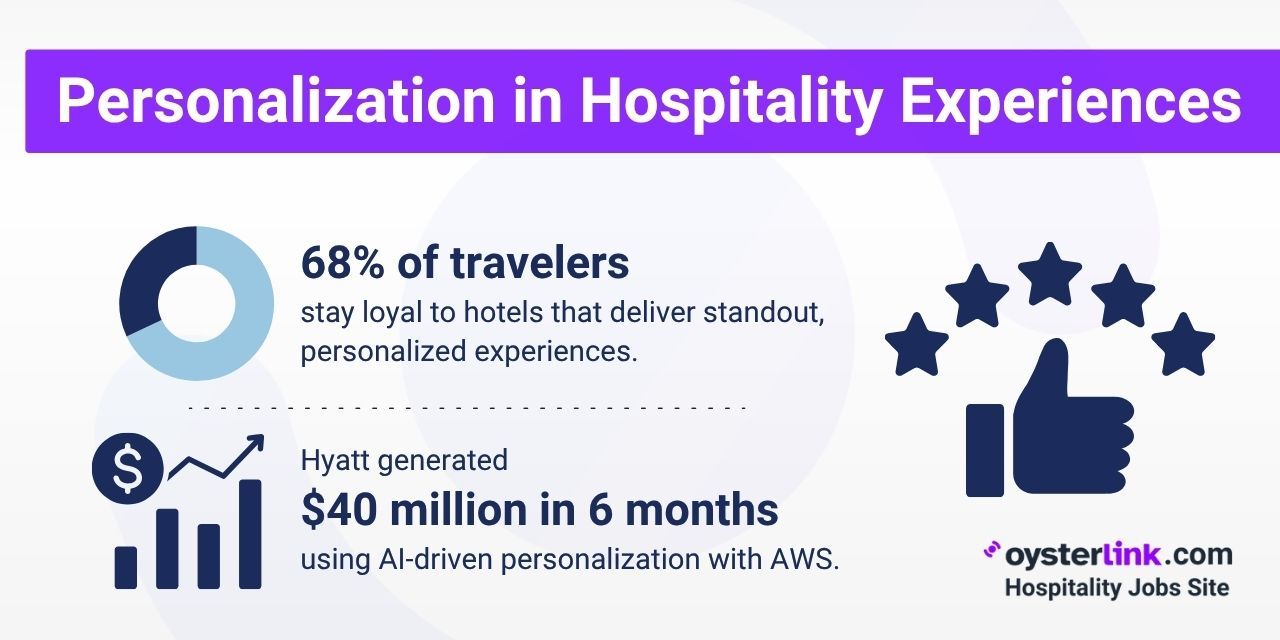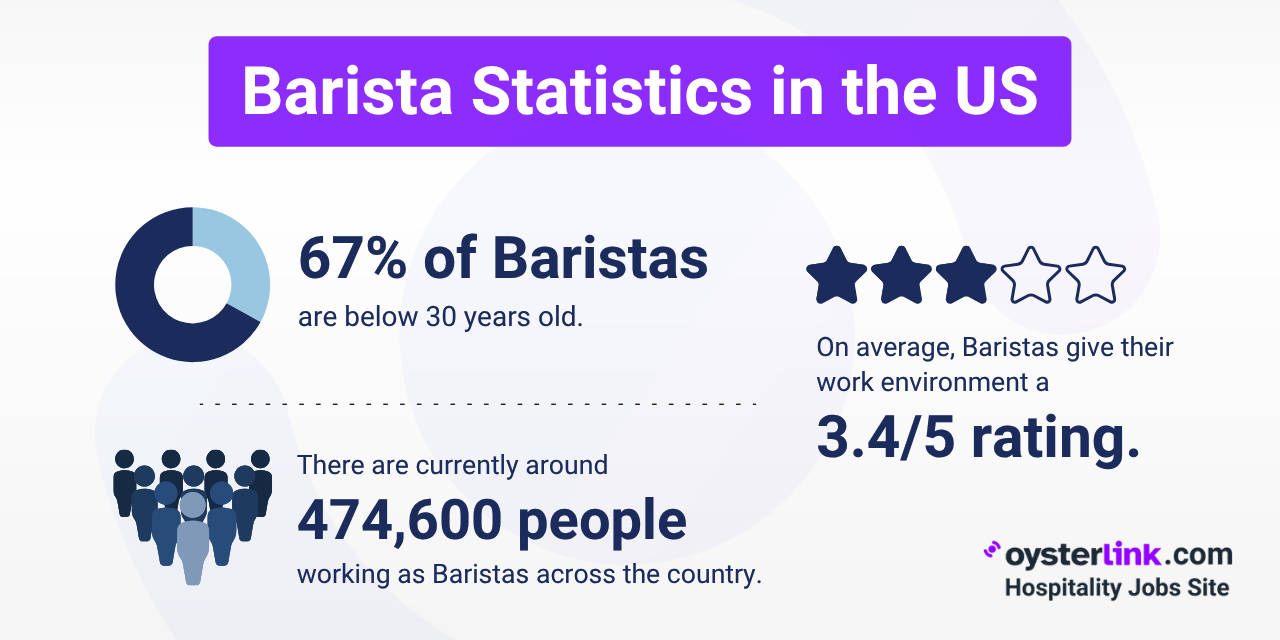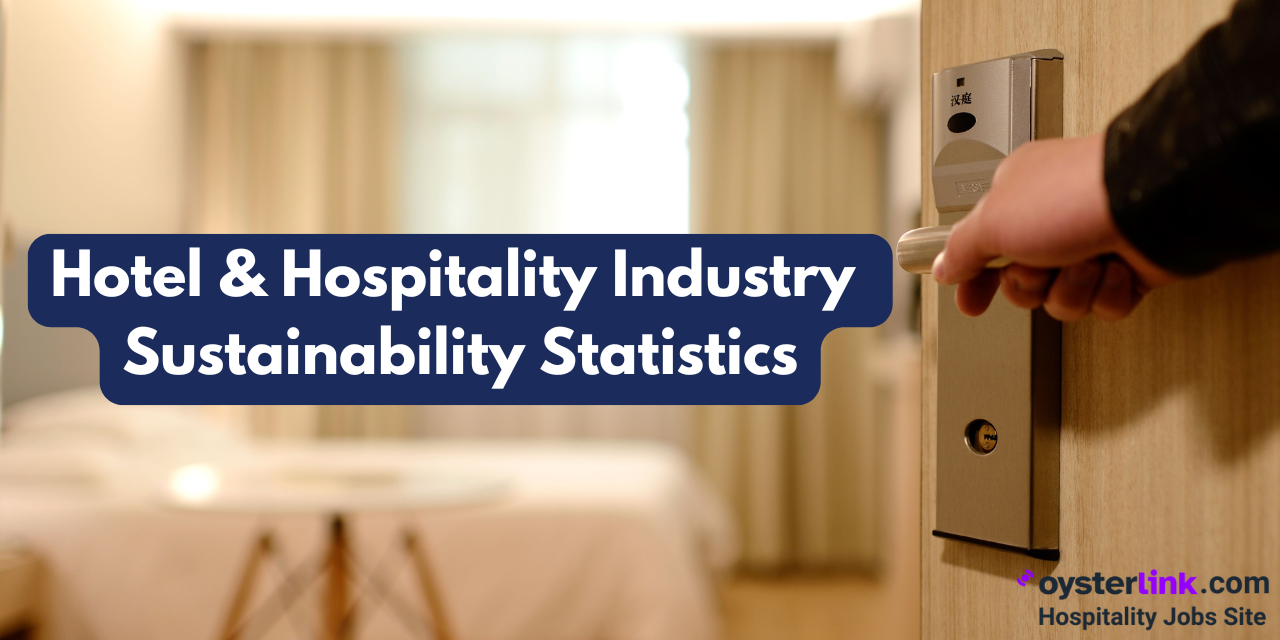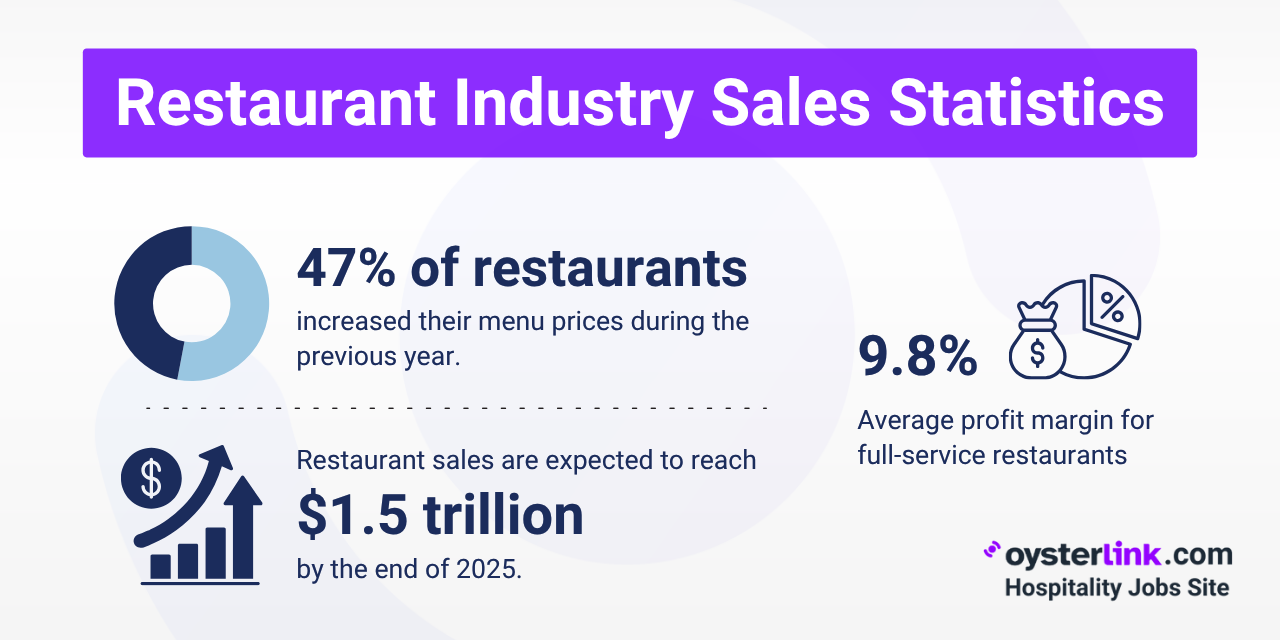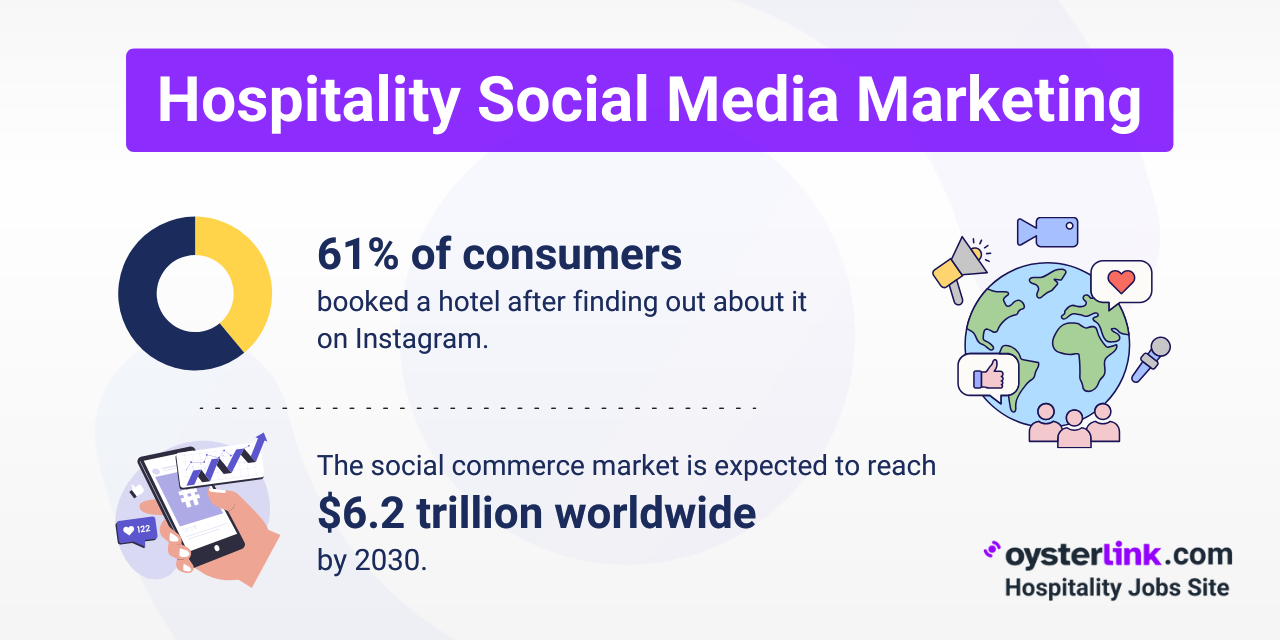Personalization in Hospitality Experiences: Key Findings
- 68% of travelers stay loyal to hotels that deliver standout, personalized experiences over traditional rewards.
- 59% of hoteliers have implemented a first-party data strategy, and 81% report increased revenue as a result.
- Hyatt Hotels generated $40 million in six months using AI-driven personalization in collaboration with AWS.
- Hotels offering personalized wellness services report up to 80% repeat visits.
Personalization in hospitality experiences has become a core guest expectation. To meet it, hotels are turning to data and technology to deliver more tailored, seamless interactions. This article will discuss the strategies, tools and trends driving hotel personalization today.
How Personalization in the Hospitality Industry Became the New Standard
Travelers now expect hotels to remember their preferences, offer relevant choices and tailor each interaction to feel effortless and intentional.
According to a recent Mews survey, 68 % of travelers say they stay loyal to hotels that deliver standout, personalized experiences over traditional, points-based rewards
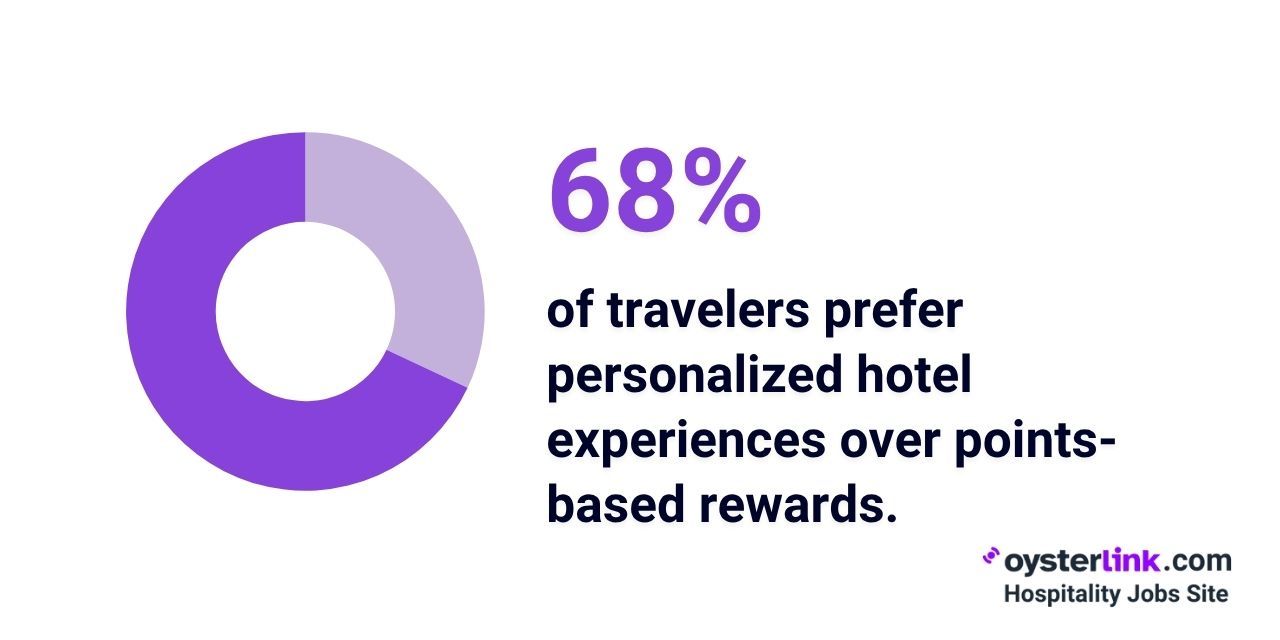
These experiences go far beyond simple gestures.
A guest’s favorite drink waiting in the room, custom lighting presets or timely activity suggestions based on trip history — all are made possible by real-time data systems and integrated profiles.
As technology advances and competition intensifies, hotel brands increasingly view personalization as essential to guest satisfaction and long-term loyalty.
Shift to First-Party Data and Identity in Hotel Personalization
With the decline of third-party cookies, hotel personalization strategies have been forced to evolve.
The future lies in first-party data — information hotels collect directly from guests through bookings, mobile apps, loyalty programs and on-site services.
This approach supports more authentic and accurate personalization built on consent and real interactions rather than inferred browsing behavior.
A survey revealed that 59 % of hoteliers have already implemented a first-party data strategy, and a full 81 % report increased revenue after doing so.
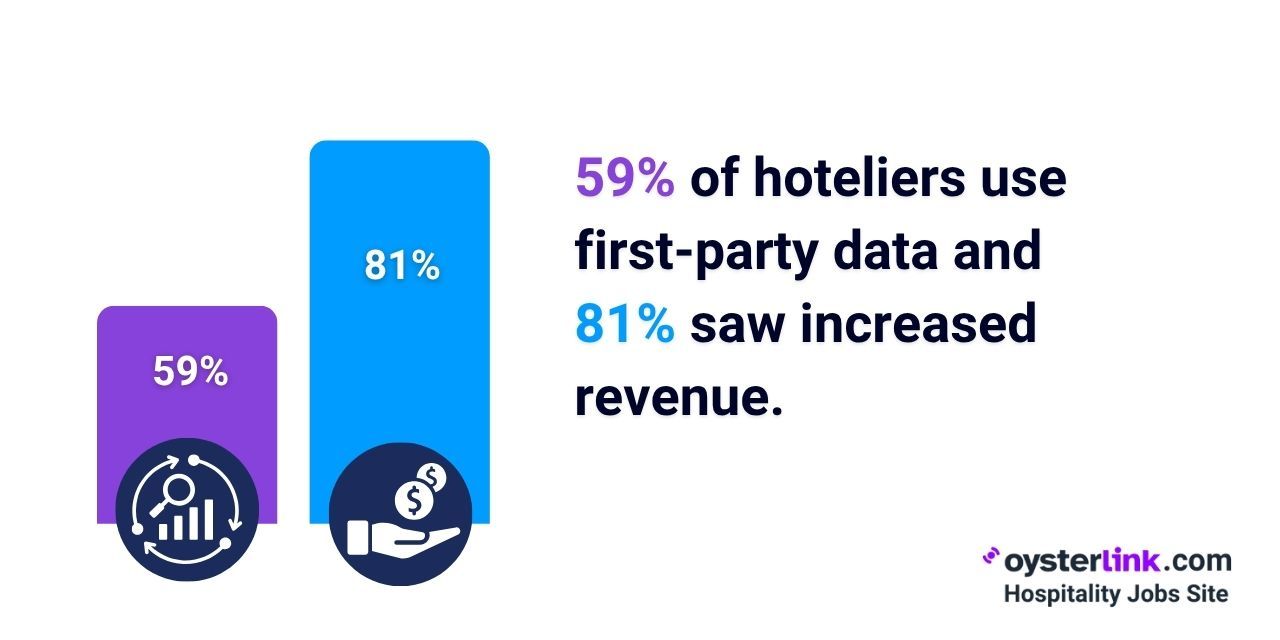
Additionally, 62 % of respondents consider first-party data “very important” to their digital marketing efforts.
To bring these strategies to life, hotels must create persistent digital identities for each guest — tracking them anonymously during availability checks, then recognizing them when they log in, book and engage on-property.
Leading hospitality brands are investing in customer data platforms (CDPs) to centralize fragmented sources and enable seamless personalization across every step of the guest journey.
Real-Time Hotel Personalization Through AI and Machine Learning
Artificial intelligence and machine learning are now the backbone of effective hotel personalization.
These technologies analyze behavioral patterns and preferences to predict guest needs before they’re even expressed.
If a returning business traveler consistently books a high-floor room and dines late, the system can prompt an upgrade offer or a flexible room service option automatically.
Hotels that have implemented AI personalization strategies have seen strong results.
One chain used behavioral triggers to generate over $40 million in upsell revenue in six months.
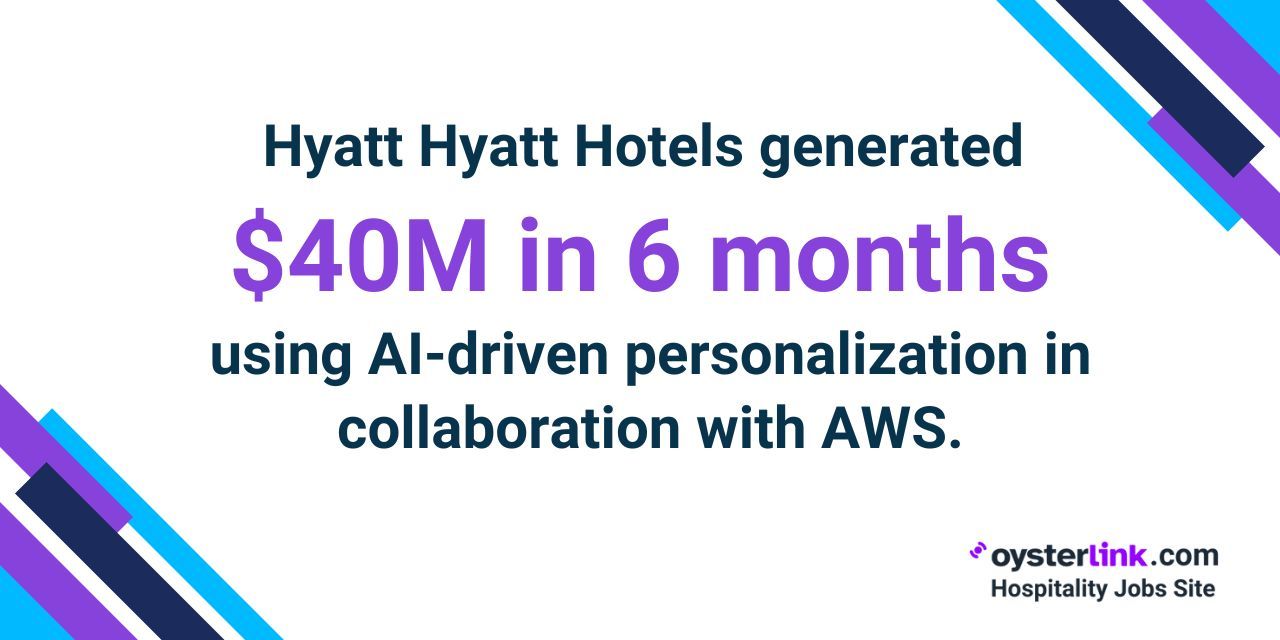
Another hotel implemented an AI chatbot that handled up to 80% of guest inquiries, significantly reducing front desk workload and improving response times.
These systems work because they respond in real-time to guest signals, adjusting offers and services as behaviors change throughout a stay.
Machine learning also supports hyper-personalization — a deeper level of individualized service that adapts instantly.
Rather than relying solely on past data, these tools analyze ongoing activity: which amenities a guest browses, what time they usually return to the hotel and even where they spend time on property.
This creates dynamic interactions that feel personalized in the moment, not just reflective of past preferences.
These advances are especially impactful in fast-growing segments like wellness and bleisure travel.
In the wellness sector — now valued at over $1.2 trillion — hotels are using personalization to align spa treatments with fitness goals, tailor menus to dietary needs and offer in-room yoga based on guest preferences.
Properties delivering this level of service report up to 80% likelihood of repeat visits.
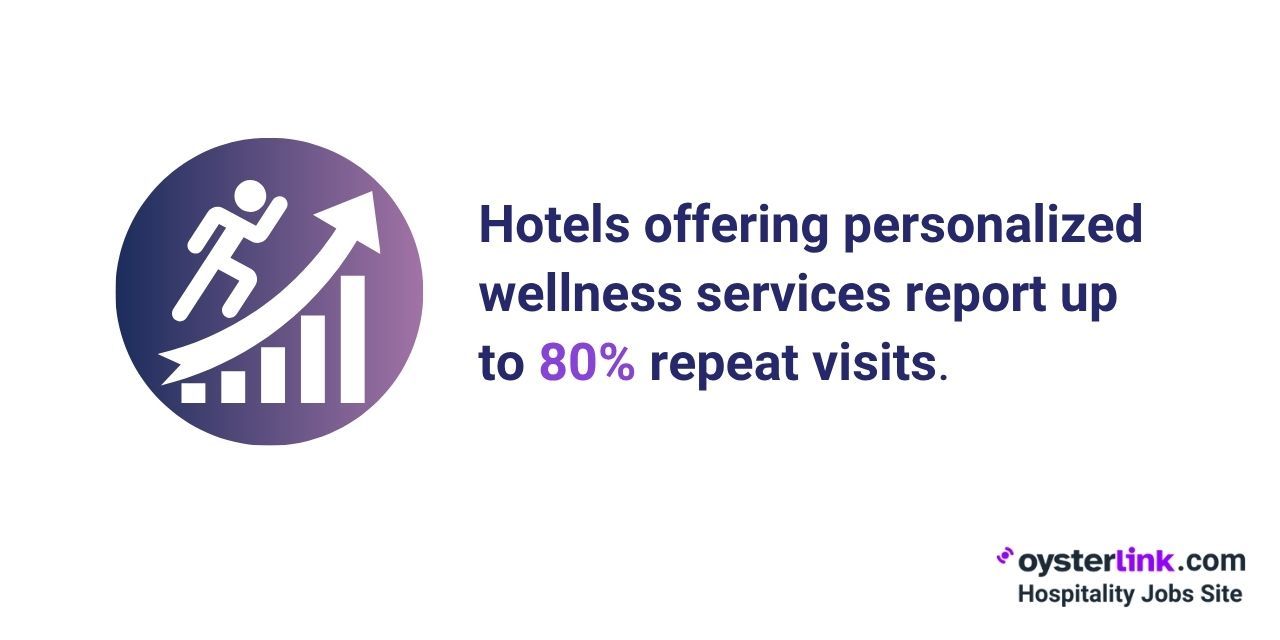
For bleisure travelers, personalization spans both work and leisure needs: a quiet room with ergonomic features during the day and access to curated local experiences after hours.
Hotels that adjust services for this hybrid segment — like flexible check-in or personalized neighborhood guides — are seeing stronger loyalty and increased revenue per stay.
Overcoming Barriers to Personalization in the Hospitality Industry
Despite its clear benefits, personalization in the hospitality industry still faces challenges.
Many properties struggle with fragmented technology systems that prevent unified guest profiles.
Without integration across platforms — booking engines, property management systems, customer relationship management (CRM) tools and mobile apps — it’s difficult to offer consistent personalization.
Privacy is another major concern. Guests expect transparency about how their data is collected and used.
Hotels must ensure they’re complying with privacy laws and build trust through consent-based personalization.
When done right, personalization feels respectful and enhances the guest experience. When done poorly, it can feel invasive.
Staff readiness is another issue.
Personalization tools are only effective if employees know how to use them to enhance service.
Leading hotels are training their teams to interpret guest data in context, delivering personal hospitality with warmth and authenticity — rather than relying entirely on automation.
Final Thoughts on Personalization in Hospitality Experiences
From leveraging first-party data and AI to creating persistent digital identities, the hospitality industry is investing heavily in tools that allow for real-time, guest-centric experiences.
Travelers now reward hotels that remember their needs, adapt to their preferences and deliver services that feel tailored and intentional.
While integration challenges, privacy concerns and staff readiness remain real obstacles, the payoff is clear: higher guest satisfaction, stronger loyalty and increased revenue per stay.
As personalization evolves, the most successful hotels will be those that balance smart technology with genuine human connection — making every guest feel seen, understood and valued.

